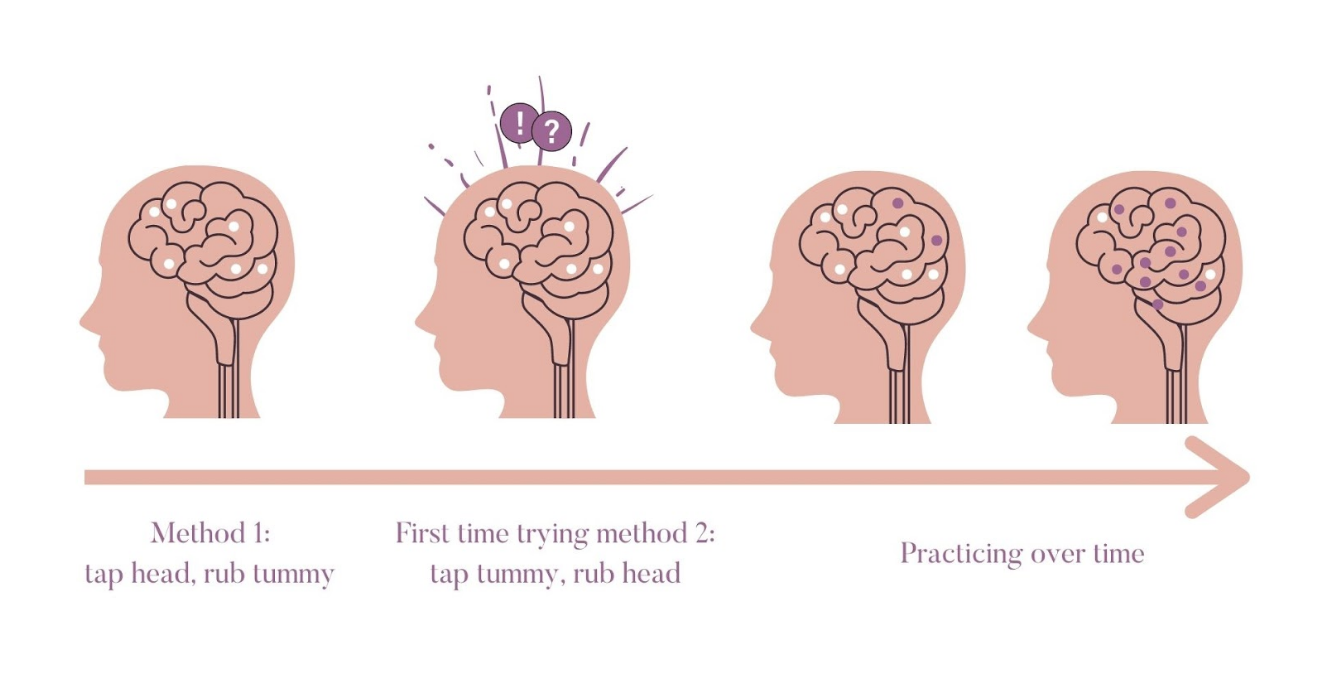Jay Z (Shawn Carter), at only 12 years of age, shot his older brother after he stole one of his rings. The theft was due to being addicted to crack cocaine and needing a hit.
“Saw the devil in your eyes, high off more than weed, confused, I just closed my young eyes and squeezed.” – You Must Love Me, Jay Z
Jay Z is now a husband, a father of three children, a highly successful business man and one of the world’s most famous entertainers. Although this is a highly provocative example of personal change, it proves the point that ‘a leopard can change its spots’.
The problem with change, however, is not about your desire to do so, but rather the effort and push back that you are up against during the process.
“People look at you strange saying you changed, like you worked that hard to stay the same” – Most Kingz, Jay Z
This stanza contains two invaluable lessons:
- Lesson 1: You’ll likely lose people close to you when you undergo personal change.
- Lesson 2: Change takes effort.
While we won’t go down the psychosocial rabbit hole of lesson 1, I do want to explain why, from a physiological point of view, changing one’s mindset feels harder than it should.
What do I mean by this?
- You are a smart human being.
- You are good at your job.
- You do great work.
- You solve complex problems.
So why do benign stressors like a looming deadline or a call from an over demanding client cause us to lose the plot?
Put simply: why can’t you keep your shit together when it matters most?
Let’s have some fun and do an exercise to prove a point – something I did on live news:

Tap your head and rub your belly.
Got it?
Now, do the opposite –
Rub your head and tap your belly.
Was it easy? Or hard? Likely you would have reverted back to method one – tapping your head and rubbing your belly. Annoying right? But why did you revert back to method 1, even though you KNEW what you needed to do?
It’s not you, it’s your brain, and a great introduction to neuroplasticity – or the ability of your brain to rewire itself to think, feel and do things differently.

It takes time to rewire your brain to think, feel and do things differently – be persistent, but patient too!
So it’s not ‘you’ per se changing, but more so your brain’s neural connections that need to change – and this change takes time, practice, repetition, and most importantly, PERSISTENCE AND PATIENCE. Because you’re not just changing the connection between one nerve cell, but rather moulding the connections of many.
Where to start
While this may seem like an overwhelming, impossible task – it isn’t. Firstly, remember that you’re not rewiring an entire system, but rather just a minor aspect of one. Kind of like re-organising your cutlery drawer, not your entire house! Also remember that your brain is wired for challenge – and likely, if you’re reading this blog, you look forward to a good challenge!
Try this: Write your name ten times with your non-dominant hand.
- How does the first attempt compare with the last attempt?
- Did you want to revert back to your dominant hand? Was this a conscious choice or an unconscious one?

Once you challenge yourself with something simple and non-personal, you can translate your lessons to the next task such as repeating a positive mantra about yourself five times each morning.
Take home message: The key of changing into the person we want to become is staying persistent in our desire while enjoying the process of growth.
Remind yourself that you’re not changing you – you’re reprogramming part of a complex web of 86 billion neurons with an estimated 1 quadrillion connections (we even one that codes for Jennifer Aniston).
So in your quest to be even more awesome than you already are, start with small things to gain momentum and learn from experience and most importantly, remember that the key to success isn’t working harder, but rather just not giving up.
You got this!
Dr Katherine xo

